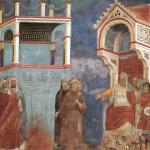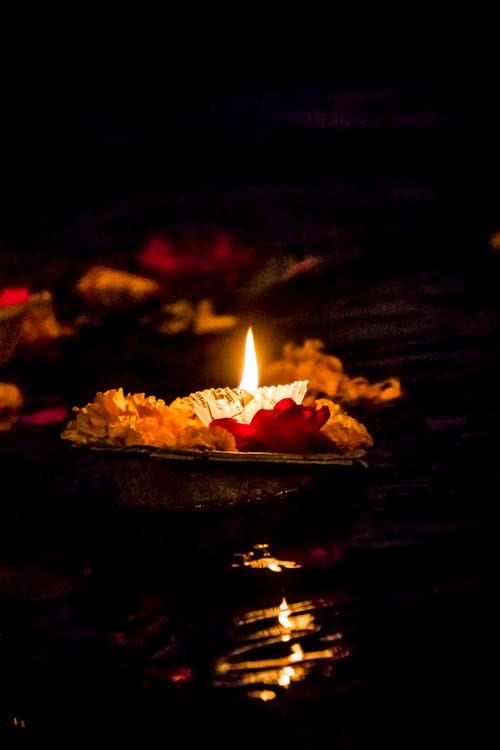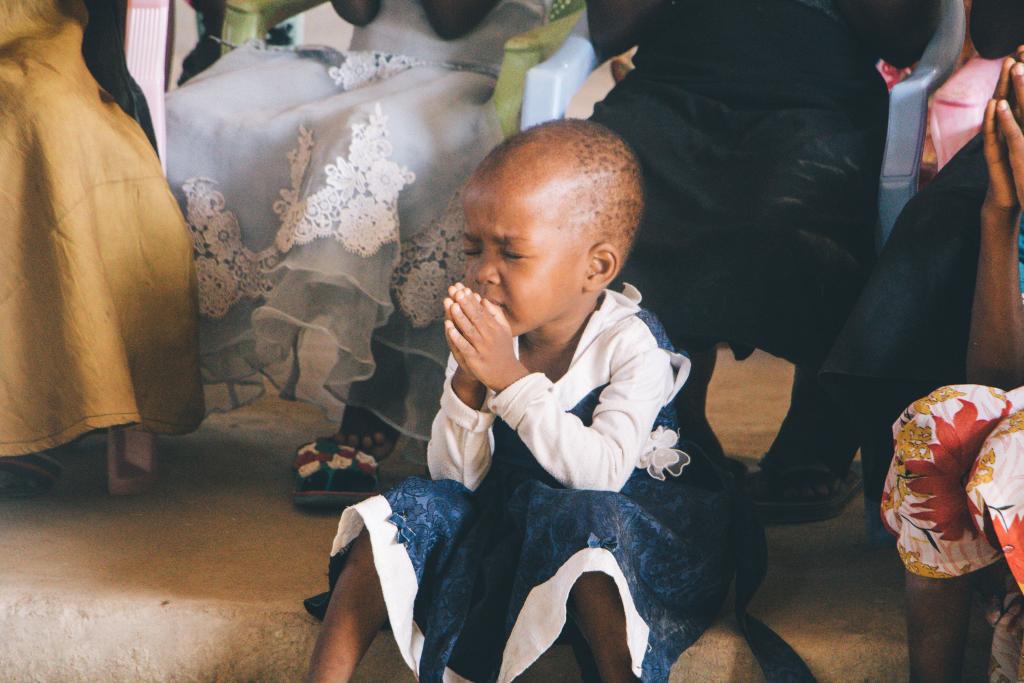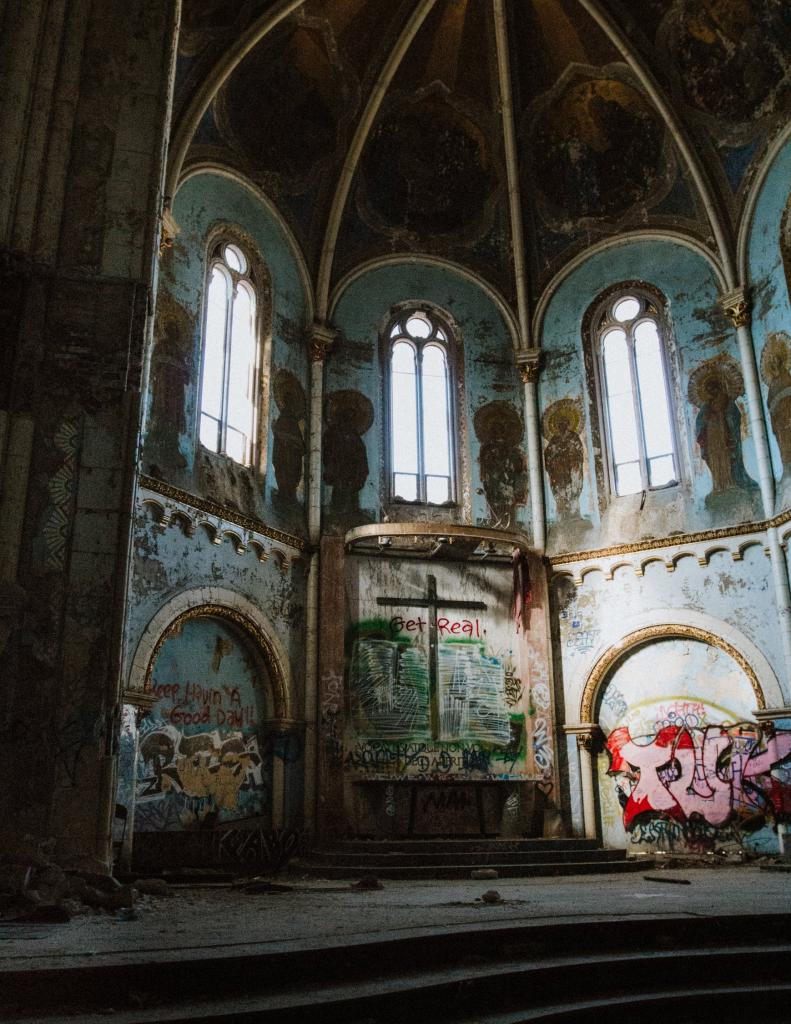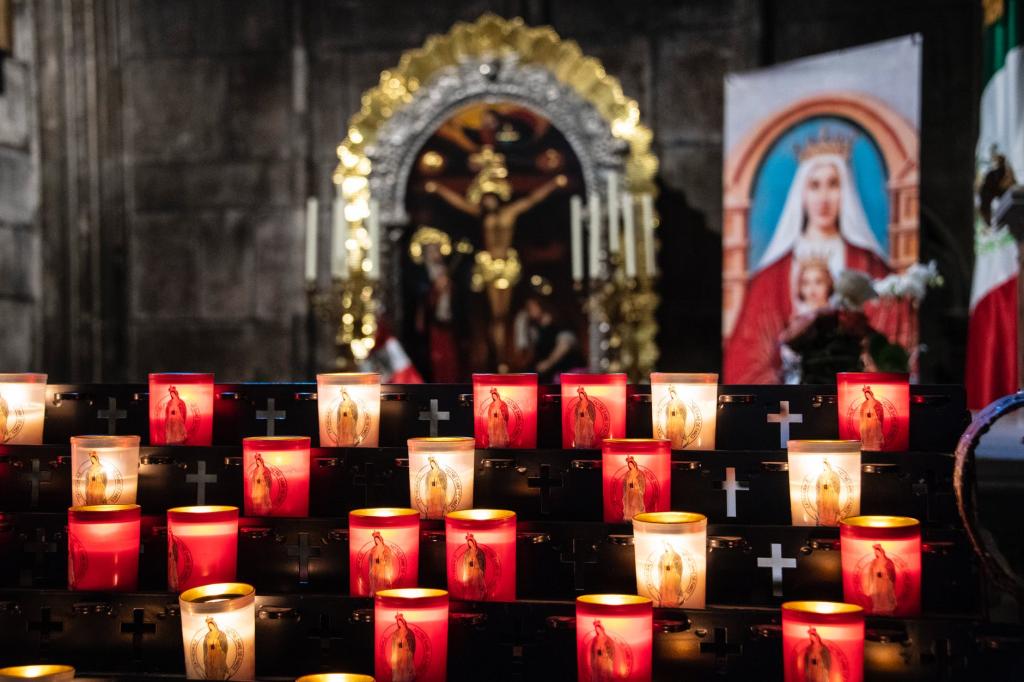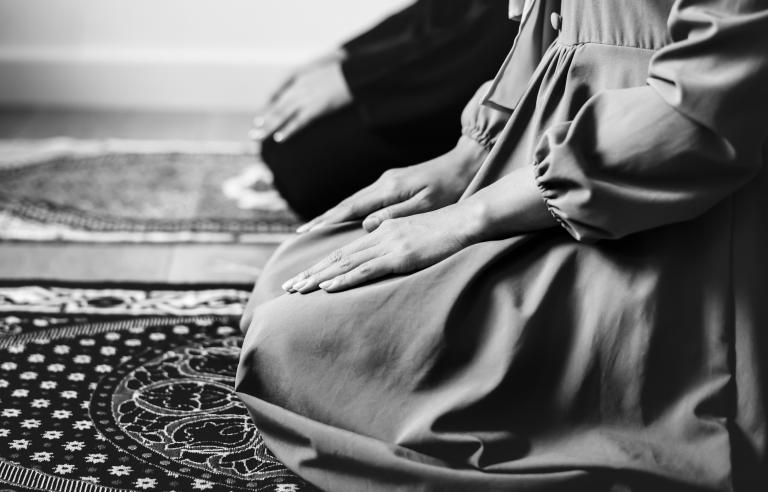
I’ve always been a Catholic.
A classic “cradle” Catholic. My parents were even the archetype of cultural Catholicism, with my Mom being our rock, our family’s “Peter,” while my Dad was nominal at best.
Everything else about my early years of faith was more or less textbook. I attended faith formation as a child up until I was confirmed when I was 17. I had some strong “reversions,” which I can’t call conversions since I did not even dared to leave the Catholic faith, but I recommitted over and over. I cultivated a sense of renewal in my young heart, where I harvested a sense of asking the very best from myself and everyone around me.
This wasn’t sustainable for my very wounded and very troubled heart, which is why I ended up at a private Catholic college states away. My faith matured quite a bit there, while I began to form into the person I would be post-college education.
This is all to bring us to when I was in my second year of graduate school, when I was doing research on Islam.
That’s right, Islam. It began as something of a hobby. I wanted to know more, so I read a lot. I read history. I read contemporary accounts of Islam. I read Rumi. I read articles on modern-day Muslims and their struggles. I had sympathy for them. I was never one to sling stones at them for their extremists—Catholicism has enough of our own, if perhaps in a different way. What I did come to understand was how beautiful their religion was. Their culture was shaped by it, much like how Catholic cultures are shaped by our own faith. Muslim religion, I found, isn’t habitual practice. It is an all encompassing, consuming faith.
I had gone through the charismatic movement and come out the other side with a much more mature faith. At least, it was mature to me. I had appreciated the movement of the Holy Spirit, but in the season of desolation I found myself in, the push towards silence was strong. My fellowship with other Catholics had diminished as my friends graduated and moved on. Being a second year graduate student had reduced my local friend circle to a mere handful.
There was something about the Muslim prayer rug and call to prayer five times a day that appealed to me.
And obviously, there’s some irony in hindsight, since I was ignoring the rich Catholic tradition of the Liturgy of the Hours and other similar practices, but there was something so organic about rolling out a prayer rug and kneeling down to face the east to pray. But in typical Western male style, I was probably ignoring a host of other meanings and symbols in my superficial outlook on Muslim prayer.
Even now, I can’t place my finger on why I wanted to do it so badly. I wanted to be immersed in a faith tradition that truly encapsulated real belief. The lack of depictions of their prophet seemed mystical. Their architecture was foreign and alien to me. I was your classic cultural tourist attempting to mingle with the natives, even if I felt I was doing it out of the utmost respect.
This searching in me was fed by ever-present feelings of how inadequate American Catholicism is when compared to the vibrant cultures of Mexican or Eastern European Catholicism, which seem to have this underbelly of religious belief that is nonexistent in the Anglo-Protestant, materialistic USA. (I still feel this way, but I’ve grown to understand that my faith does not need to resemble typical American Catholicism.)
I was searching and I wanted to truly feel authentic faith again.
Seasons of silence are hard and in some ways, it was the first time that I ever dealt with one. Looking back, it seems small in comparison to the struggle I went through when my mother passed away within a couple of years. But at the time I felt I was standing at this crossroads and all I had to do was go down a different path in my belief.
The idea of switching faiths is a terrifying one and I’m not sure anyone really considers this point when they talk about converting.
I’ve read the accounts of converts to Catholicism and I’ve recognized the weight in their words. But I have yet to hear someone talk about how dangerous it feels or how incredibly unstable it looks. An unmooring from a formative part of you. A complete unrooting of your very identity. Still, maybe that fear was there in their stories, and I just wasn’t paying attention.
So, I mulled over what would happen should I convert to Islam: it would start with not going to Mass anymore. And I considered that for a week. What would it be like to not go to Mass any longer? Could I really forsake Communion? The only that had carried me through all these years? Leaving the smug, elitist institution was easy, but it was the tradition, my family, and the Eucharist that made this hard.
It was a full month before this urge to leave and convert left me.
And it was many weeks later that I even felt comfortable in my own faith again. In a small way, I have felt different since that time I spent thinking I would leave. Something happens when you look at a belief system you held so dear from the outside. There’s a shift in perspective. I cling to the Church all the more fiercely, not because it is my home or because it has been a crutch in hard times, but because as long as it floats I float with it.
I don’t have the same confidence in it with the current crisis, but I think this is just another season to weather. And as I deal with my anger and disappointment in God in the aftermath of watching my Mom pass away, it is something to take in stride and wrestle with. If I took anything else from my experience of looking to leave the Church, it is that faith is complicated. And wrestling with it is the only way I know how to keep it alive some days.
Image source: https://www.pexels.com/photo/grayscale-photography-of-woman-kneeling-on-area-rug-1487953


